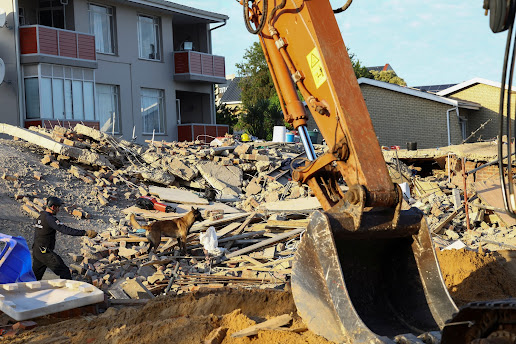In a shocking revelation, Amnesty International's latest report brings to light the harrowing experiences of women and young girls who have endured unlawful detention and abuse in Nigerian military facilities after escaping the clutches of Boko Haram extremists.
Tragically, numerous women, along with their children, have been unjustly held captive for years due to their perceived association with Boko Haram. Survivors have come forward with heartbreaking accounts of beatings, deplorable living conditions, and verbal abuse by soldiers who labeled them as "Boko Haram wives." The physical and psychological scars inflicted upon these women are a haunting testament to the horrors they have endured. The Nigerian military has long been plagued by allegations of extrajudicial killings and illegal arrests. While the prevalence of prolonged and unlawful detentions has diminished in recent years, the existence of such abuses within military facilities is deeply troubling. This calls for immediate action to rectify the systemic flaws that perpetuate this injustice. Rather than finding solace in the arms of safety, the women face a new set of challenges once they manage to flee Boko Haram. The detention camps housed within military facilities in Borno state have been described as virtual hells, so dire that some women have made the unimaginable decision to return to their captors. Shockingly, at least 31 survivors have confirmed the existence of illegal detention practices, compounding their trauma and hindering their path to recovery. Amnesty International unequivocally urges Nigerian authorities to provide comprehensive support to these brave women as they endeavor to reintegrate into society. It is imperative that they receive the necessary physical and psychological assistance to heal from their traumatic experiences. Only by addressing their needs and facilitating their empowerment can we hope to break the cycle of violence and oppression that has plagued their lives. The ongoing conflict in Nigeria has resulted in the loss of countless lives and the displacement of millions. Women and young girls, in particular, endure forced marriages and suffer from sexual abuse during their captivity. While progress has been made in addressing these human rights violations, it is crucial that we continue to shine a light on these atrocities and advocate for justice. Together, we can create a world where no woman has to endure such unimaginable horrors and where every survivor finds the support and dignity they deserve.
































